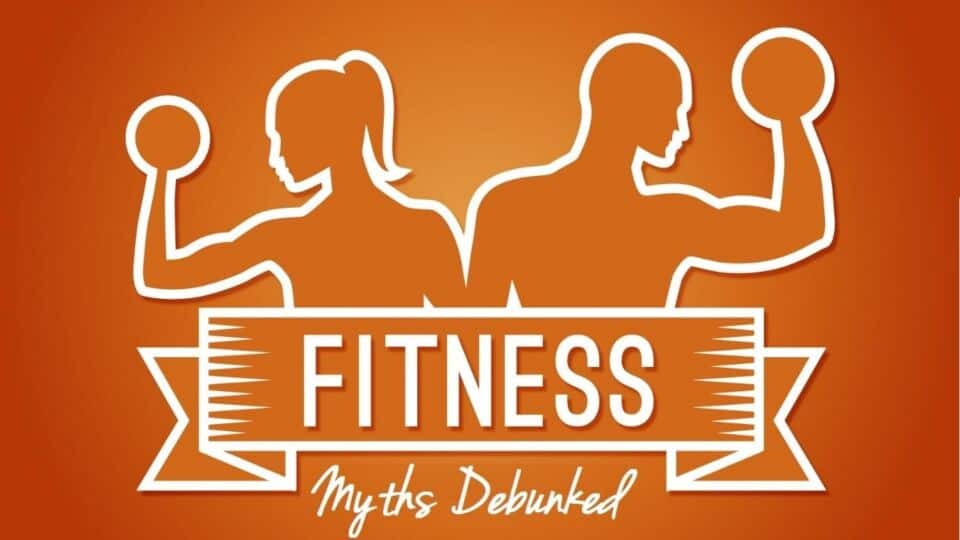You’ve probably seen the viral advice to delay your first cup of coffee for 90 minutes after waking. Supposedly, waiting helps you wake up more naturally, avoid the afternoon crash, and even sleep better.
I decided to give it a try… and even got Tom to join me! After about a month, our results were mixed. We both noticed fewer afternoon crashes, and I found my stomach was much happier when I waited. But Tom felt groggy and unfocused without his caffeine fix right away.
So what does the science actually say about when to drink your coffee?
Despite what you may have heard, there’s no strong scientific evidence that delaying your first coffee improves energy, mood, or sleep quality. But there’s plenty we do know about how caffeine interacts with your body throughout the day.
1. Caffeine and Sleep Quality
Caffeine is a powerful stimulant, but it can also interfere with sleep– sometimes in subtle ways.
- High caffeine intake often leads to morning fatigue, creating a “caffeine sandwich”: you’re tired, so you drink coffee, which disrupts sleep, making you tired again.
- 400 mg of caffeine (about 4 cups of coffee) taken six hours before bed can significantly reduce sleep quality.
- Heavy caffeine use reduces deep sleep (stages 3 & 4) and alters REM cycles, which are vital for recovery.
- Interestingly, moderate coffee drinkers in some European studies showed minimal sleep disruption when other lifestyle factors (like smoking and stress) were controlled.
So while caffeine doesn’t always wreck sleep, its effects depend heavily on dose, timing, and individual tolerance.
2. Caffeine Withdrawal Is Real
If you skip your morning coffee and feel sluggish or irritable, you’re not imagining it– that’s caffeine withdrawal.
- Symptoms like headaches, fatigue, anxiety, and slower reaction time can appear after even one missed dose.
- These effects fade quickly after caffeine intake, suggesting that part of the “boost” you feel is really just reversal of withdrawal, not extra energy.
- Regular users develop some tolerance, though they still experience nightly withdrawal during sleep.
3. Caffeine and Sleep Deprivation
Here’s where caffeine shines: it can temporarily restore alertness after a poor night’s sleep.
Studies consistently show that caffeine improves:
- Reaction time
- Vigilance and accuracy
- Overall mental alertness
However, it’s less clear whether these are true enhancements or simply a return to baseline after withdrawal. High doses can also make people jittery or overconfident in tasks that require focus.
4. Extreme Performance: Caffeine in Action
In high-stress environments, such as military operations, caffeine is proven to work.
- 100–300 mg doses improved alertness and reaction time after 72 hours of sleep deprivation.
- Soldiers maintained focus during prolonged operations, though fine motor precision didn’t improve.
- Driving simulations also showed caffeine helped drivers stay alert and in control.
So, while caffeine isn’t magic, it’s an effective short-term tool for maintaining performance under fatigue.
5. The Net Benefit of Caffeine Consumption
Modeling studies suggest that 200 mg of caffeine can mimic the effects of roughly three extra hours of sleep, however, this doesn’t replace true rest.
Overall, researchers agree caffeine provides a “net benefit” for alertness and cognitive function, especially when used strategically. The trade-off? Slightly poorer sleep quality if timing or dosage is off.
Caffeine is both helpful and disruptive. It boosts performance, sharpens focus, and wards off fatigue, but it can also disturb your sleep and contribute to dependency.
Key takeaways:
- The “wait 90 minutes” rule isn’t backed by strong evidence.
- Your ideal caffeine timing depends on your tolerance, genetics, and sleep habits.
- Using caffeine strategically, instead of constantly, delivers the best results.
- When possible, quality sleep still outperforms caffeine for long-term energy and recovery.
So, should you delay your morning coffee?
Maybe…but don’t stress it. The real key is consistency: Know your body, use caffeine wisely, and make sure it’s enhancing your day, not running it.
Happy waking,
Nick, Tom, and Hunter






